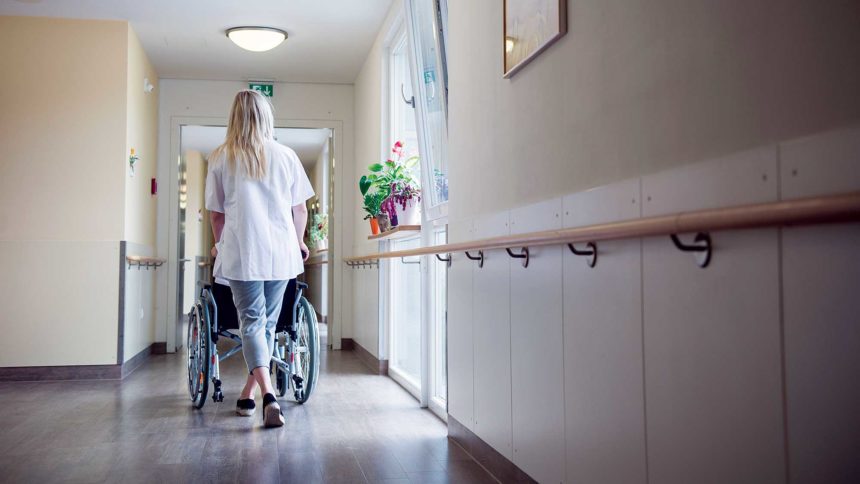
Key patient information often is lost amid care transitions from hospitals to skilled nursing facilities, according to researchers at the University of California, San Francisco.
In a nationally representative survey of 471 SNFs examining information-sharing from each of their two highest-volume referring hospitals, the researchers found that key information often is missing during care transitions. The most prevalent types of missing information included functional, mental and behavioral status as well as who to contact at the hospital with follow-up questions. In addition, information often was delayed and arrived after the patient. Further, it often was difficult to use, with hospital discharge documents containing duplicative and extraneous information.
These shortcomings across multiple dimensions of information-sharing raise concerns about the hospital-to-SNF transitional care experience and potential for quality and safety challenges, the researchers noted.
Notably, however, having a hospital clinician on-site at the SNF was associated with more complete, timely and usable information-sharing. Other factors, such as having a hospital-SNF collaborative or hospital participation in an accountable care organization that should motivate efforts to improve care transitions, however, were not consistently associated with better information sharing.
“This study confirms the need for Age-Friendly Health Systems that prevent harm and focus on what matters to older adults across the entire continuum of care, from hospital to skilled nursing facility to home,” said Terry Fulmer, Ph.D., RN, FAAN, president of the John A. Hartford Foundation, which funded the study. “Given the enormous investments in health information technology, it is unacceptable that timely, usable information is not shared across settings of care.”
Full results can be found in JAMA Network Open.





